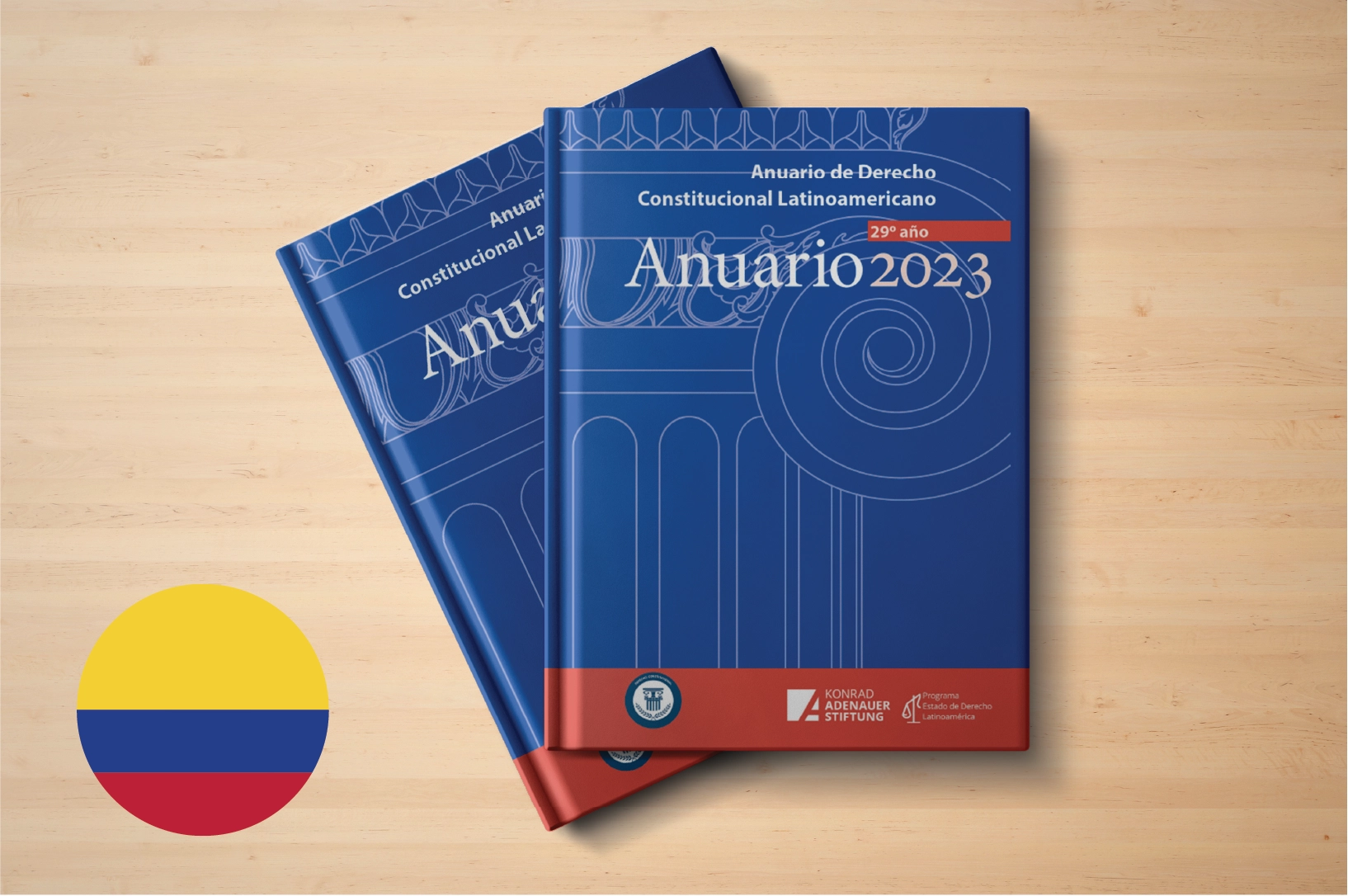Garantías constitucionales y principios protectores en el ámbito laboral colombiano
El presente texto analiza cómo, a partir de la Carta Política colombiana de 1991 y el nuevo constitucionalismo, aparecen nuevas garantías iusfundamentales para com batir las desigualdades en el plano laboral subordinado y no subordinado. Como consecuencia de la necesidad de regulación derivada de esas desavenencias surgen y se incorporan los principios del derecho laboral. Estos han tenido un desarrollo, tanto doctrinal como jurisprudencial, orientado a solventar las discrepancias humanas en el mundo del trabajo, con sus variados mecanismos políticos y económicos. En este sentido, los fundamentos del derecho laboral tienen como objeto la tutela del trabajo ejecutado, bien sea de forma libre, por cuenta ajena o por relación de dependencia que recibe una contraprestación por el servicio realizado. Por lo tanto, se afirma que los derechos laborales poseen carácter heterónomo y autónomo, ya que regulan todos los tipos de trabajo que deben garantizarse de conformidad con los pilares establecidos por el Estado social de derecho.
Derechos fundamentales; garantías; trabajo.
Constitutional guarantees and protective principles in the Colombian labor market
This text analyzes how, based on Colombia’s 1991 Constitution and new constitutio nalism, new fundamental legal guarantees have emerged to combat inequalities in subordinate and non-subordinate work. As a consequence of the need for regulation derived from these differences, the principles of labor law emerge and are incorpo rated. These have been developed, both in doctrine and jurisprudence, to resolve human disagreements in the world of work with its diverse political and economic mechanisms. In this sense, the fundamentals of labor law have the purpose of protect ing the work performed, independently, as an employee, or in a dependent relation ship where consideration is received for the services rendered. Therefore, labor rights are said to have a heteronomous and autonomous character, since they regulate all types of work that must be guaranteed according to the pillars established by the social state under the rule of law.
Derechos fundamentales; garantías; trabajo.
Verfassungsrechtliche Garantien und Schutzgrundsätze in der kolombianischen Arbeitswelt
Der vorliegende Text analysiert, wie ausgehend von der kolumbianischen Verfassung von 1991 und dem neuen Konstitutionalismus neue verfassungsrechtliche Garantien entstehen, um den Ungleichheiten in nachgeordneten und nicht nachgeordneten Arbeitsverhältnissen zu begegnen. Der aus diesen Konflikten resultierende Rege lungsbedarfs führt zur Entstehung von arbeitsrechtlichen Grundsätzen und deren Aufnahme in das Arbeitsrecht. Die Entwicklung dieser Grundsätze in Doktrin und Rechtsprechung hat die Lösung der zwischenmenschlichen Diskrepanzen in der Arbeitswelt mit ihren vielfältigen politischen und ökonomischen Mechanismen zum Ziel. Gegenstand des Arbeitsrechts ist demzufolge der Schutz der unabhängig, im Auftrag oder im Rahmen eines Abhängigkeitsverhältnisses gegen eine Vergütung der erbrachten Leistung durchgeführten Arbeit. Es wird daher die Auffassung vertreten, dass die Arbeitsrechte sowohl heteronomen als auch autonomen Charakter haben, da ihre Regelungen sich auf alle Typen von Arbeit erstrecken, die entsprechend der Grundlagen des sozialen Rechtsstaats schutzwürdig sind.
Derechos fundamentales; garantías; trabajo.

William Fernando Buitrago Valderrama
Abogado y doctorando en Derecho por la Universidad Nacional de Mar del Plata (Argentina). Magíster en Derecho Público y especialista en Derecho Administrativo. Con formación en Derecho Laboral, Seguridad Social y Derechos Humanos. Se desempeña como docente, investigador y abogado litigante. Forma parte de la lista de árbitros del Ministerio del Trabajo y es miembro de Human Rights Defenders – Colombia.
Explora
Descarga el artículo
Explora
Descarga el Anuario 2022
Explora
Contenido multimedia
